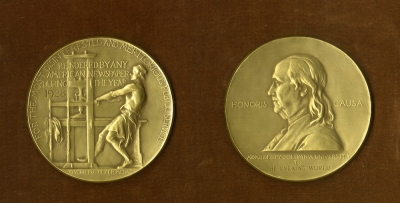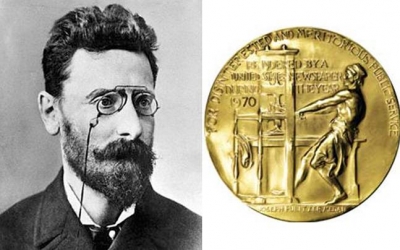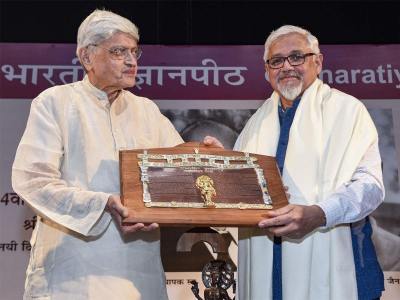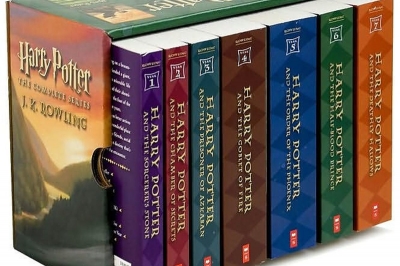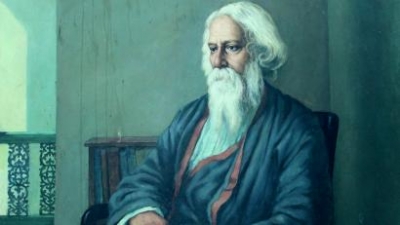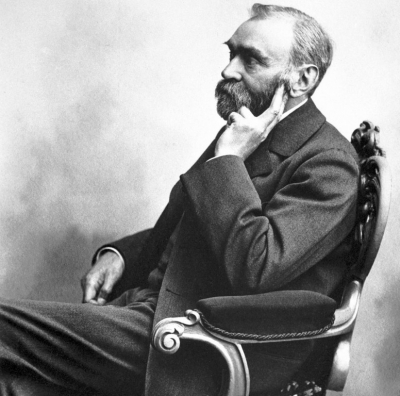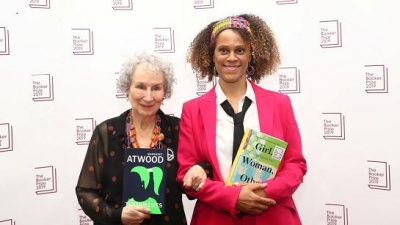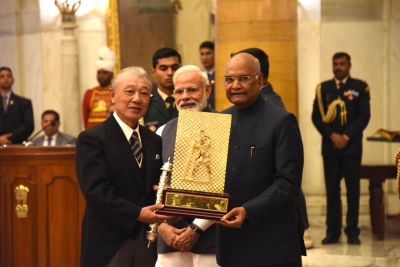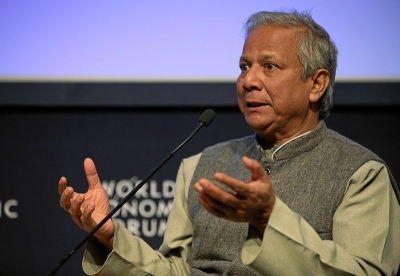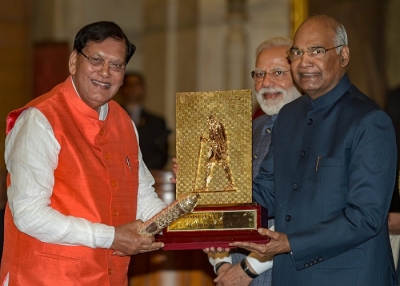What are Swachh Survekshan awards?
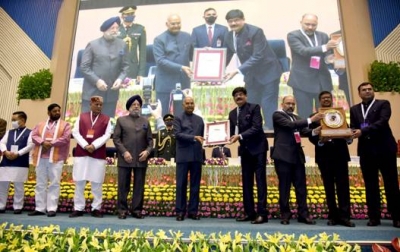
Indore in the State of Madhya Pradesh has been ranked India's cleanest city for the fifth year in a row by the Centre. President Ram Nath Kovind presented the Swachh Surveleshan Awards 2021 at New Delhi's Vigyan Bhawan on November 20. But what are Swachh Survekshan Awards? What's the objective of the awards? Let's find out.
Annual cleanliness survey
The first Swachh Survekshan was conducted in 2016 among 73 cities. This year being the survey's sixth edition, as many as 4,320 cities have been surveyed. The national-level rankings are based on feedback on garbage disposal from residents, assessment by field officers, certifications, functionality and maintenance of community toilets and service-level progress.
First, second and third
Classification of a city as major or smaller based on the population size. Those with a population of over 10 lakh are considered major cities, whereas those with a population between 1 lakh and 10 lakh are considered smaller. While Indore has been adjudged India's cleanest city for the fifth time in a row in this year's cleanliness survey, the second and third positions are secured by surat and Vijayawada respectively in the category of cities with over 10 lakh population. With regard to smaller cities, New Delhi ranks first, followed by Ambikapur in Chhattisgarh and Tirupati in Andhra Pradesh.
Cleanest State
Chhattisgarh has won the award for the 'Cleanest State' for the third consecutive year. Maharashtra and Madhya Pradesh, having more than 100 urban local bodies, have been adjudged the second and third cleanest State in the country. In the category of States with less than 100 urban local bodies, Jharkhand has been ranked first, followed by Haryana and Goa.
Picture Credit : Google

